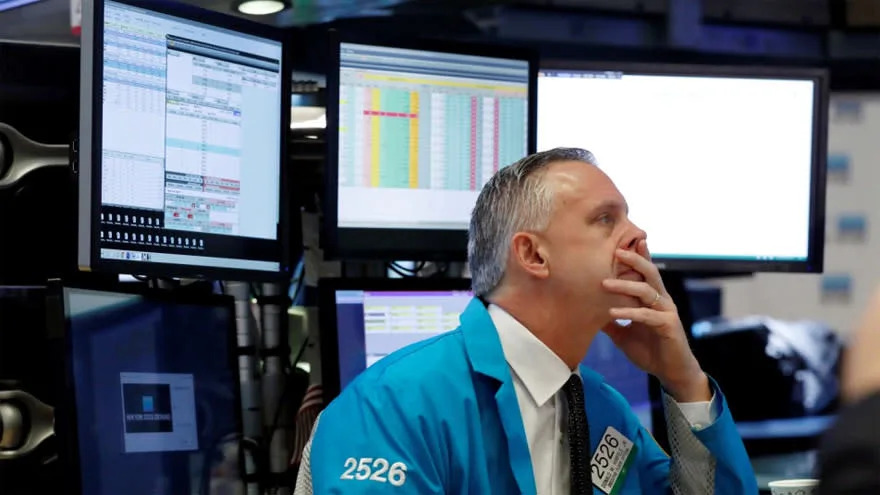While a number of factors could yet change the outlook, the global private equity industry is already slowing in the face of inflation and rising recession risks.
But the sector is well positioned to weather the storm and emerge even stronger, concluded the latest mid-year analysis of the Private Equity market from multinational consultancy, Bain & Company.
“The bottom line here is that private equity market funds will need to be proactively managed to anticipate change and get ahead of it. That will be critical to weathering this period of turbulence and making the most of the recovery ahead ,” he said. Hugh MacArthur, Global Leader of the Private Equity Practice at Bain & Company.
“The data shows the industry has relied disproportionately on expanding valuation multiples to support returns over the past two decades, but that won’t work in a period of inflation. Future top-tier performance will depend on the practical value creation and a clear understanding of how to manage effectively during a period of rising prices,” he added.
The “goose that lays the golden eggs” weakens
The cyclical nature of the private equity sector means that weakening economic conditions in major economies will challenge negotiators, even though the first half of 2022 is on track to produce the second-highest annual purchase deal value after of a record 2021, Bain & Company ‘s Global Private Equity Report warned.
High-tech investment projects weaken
The first half of 2022 alone saw $512 billion in purchase deal value and an average deal size approaching $1 trillion in that period.
Although until recently it seemed the unbeatable sector of the economy in all markets, high technology seems to be more affected by this context. The slowdown Bain & Company anticipates in deal flow and equities is already emerging, finding business prospects weakening, especially in the high-value technology sector .
Debt is getting more expensive, and Bain notes that banks are also increasingly asking about companies’ exposure to inflation and rising rates, making it harder to close deals.
What about IPOs?
The public market woes have already had an impact on deal exits, as the IPO market has largely dried up, Bain & Company analysis notes.
Public market problems have already had an impact on deal exits Global buy-backed exit value reached $338 billion in the first half of 2022, down 37% from the same period a year earlier. Meanwhile, the value of the global initial public offering, including those backed by acquisitions and others, at $91 billion, was 73% lower than in the first half of 2021. Bain & Company expects that, as the current economic turmoil progresses, these slowing trends are likely to extend to deal exits. in all fields.

Public market problems have already had an impact on deal exits
Chain repercussion
Bain’s report identifies a number of collateral consequences with private equity holding periods set to be extended, while at the same time the secondary market is poised for further growth as investors seek alternative ways to generate liquidity and raise funds. of funds, which is already much lower.
It is projected to decline further in the short term. Fundraising for the purchase fell from $284 billion to $138 billion, comparing the first half of 2021 with the same period in 2022. Record $3.6 trillion in dry powder leaves private equity sector in good position to emerge stronger
Private equity funds are positioned for a strong rally. Looking back over the industry’s 25-year history, post-recession market conditions have generated outperformance for investors. Hugh MacArthur added: “Looking over the long haul, private equity has proven to be resilient to economic downturns. It is a cyclical business and we expect to see some challenges in the short term. However, in the longer term, we continue to believe that private equity will continue to grow.” and being the best performing asset class in all market conditions.”

